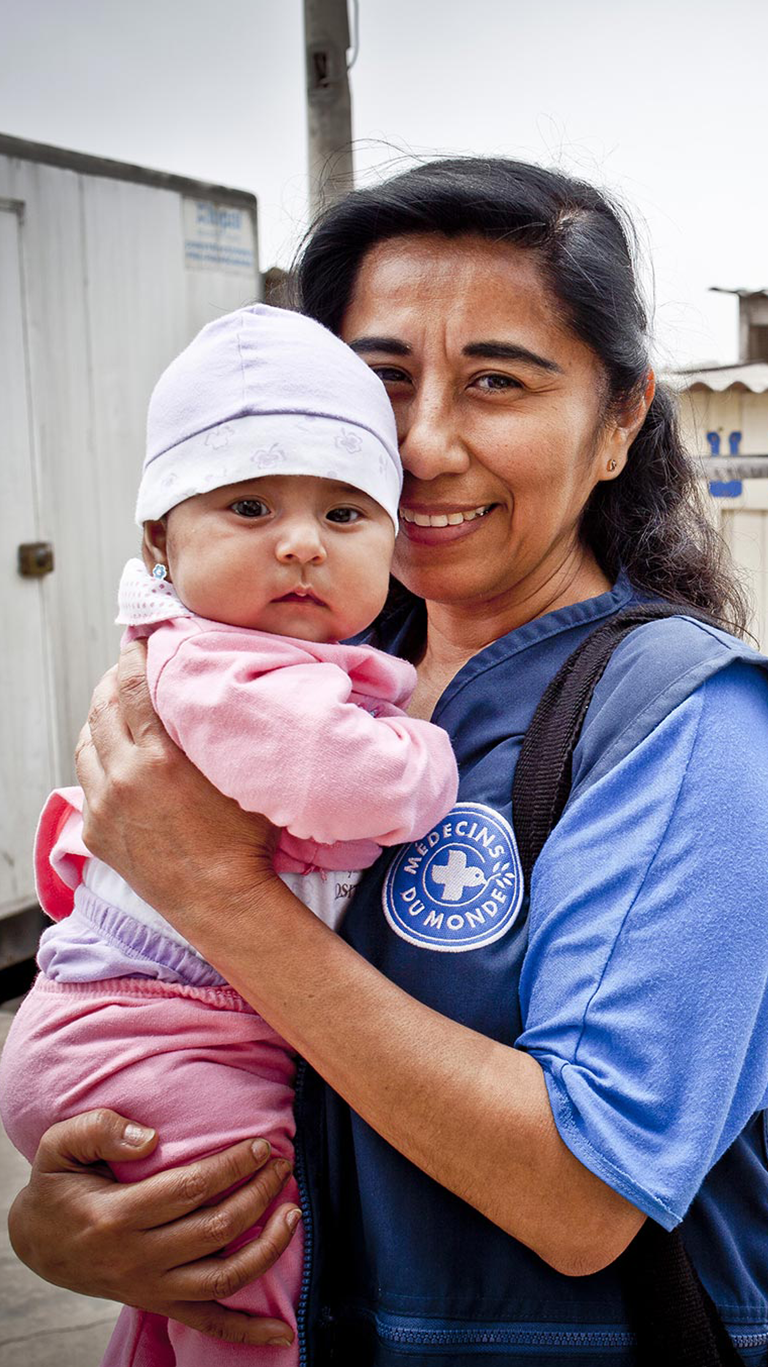Gender
Gender
Gender
Gender
Gender
Gender
Gender
Gender
Gender
Gender
Gender
Gender
Gender
Gender
Gender
Gender
Gender
Gender
Gender
Gender
Gender

Scope of our work in the field of Sexual and Reproductive Health Rights
© Nicolas Moulard
Sexual and reproductive health rights are constantly under threat, opposition to them is always vocal, and they are at the heart of revisionist and conservative policies, which have gained ground throughout the world in the past ten years.
MdM fights for sexual and rights for all as fundamental human rights. This work falls within a broader, intersectional feminist vision that MdM upholds.
Our work is guided by respect for human and fundamental rights and the major principles which emerge from them: universality, indivisibility, equality and non-discrimination, participation and inclusion, and responsibility. States are obliged to guarantee these rights and are bound by the principle of liability. They have a responsibility towards their citizens and must account for their (in)action through collective solutions. Non-respect for a right results in a violation.
SEXUAL AND REPRODUCTIVE RIGHTS: FUNDAMENTAL HUMAN RIGHTS
SRHR imply respect for other fundamental rights including:
- The right to respect for bodily integrity, private life and personal autonomy:
- The right to freely define one’s sexuality, including sexual orientation, identity and gender expression;
- The right to decide whether and when to be sexually active;
- The right to choose one’s partners;
- The right to enjoy a sexual experience without risk and to gain pleasure from it;
- The right to decide whether and whom to marry;
- The right to decide whether and by what means to have one or more children, and how many to have;
- The right to have life-long access to the information, resources, services and support needed to accomplish all the above, without discrimination, constraint, exploitation or violence.
The provisions which protect fundamental human rights and the right of individuals to take decisions around their health and their bodies, as well as the right to autonomy, are laid out in numerous instruments of international and regional law. The human-rights based approach also guides the work of the United Nations in terms of cooperation for development, both in terms of States and individuals claiming these rights.
SRHR are recognised as fundamental human rights: acting to promote sexual and reproductive rights means acting to promote human rights.
AN INTERSECTIONAL GENDER APPROACH
To ensure the effective promotion of sexual and reproductive health rights, Médecins du Monde France creates and implements projects by adopting an intersectional gender approach.
This approach aims to:
- Analyse stereotypes, discrimination and gender inequality that have an impact on access to sexual and reproductive rights, and that are at the origin of different forms of gender-based violence.
- Integrate in a cross-cutting way comprehensive education actions on sexuality to promote access to appropriate information for all ages regarding issues of sexuality, access to family planning and prevention, and the early detection of potential cases of gender-based violence.
- Integrate in a cross-cutting way actions to promote empowerment and the joint responsibility of people in terms of sexual and reproductive health, and even to prevent and identify different forms of gender-based violence.
AN ESSENTIAL RANGE OF SERVICES
In order to guarantee sexual and reproductive health rights, an essential range of services should be available:
- Comprehensive education on sexuality;
- Advice and services offering effective contraception;
- Prenatal, emergency obstetric, postnatal and neonatal care;
- Comprehensive abortion services;
- Prevention and treatment of HIV and other sexually transmitted infections;
- Prevention, screening and treatment of gender-based violence;
- Prevention, screening and treatment of cervical cancer;
- Sexual health and well-being information, advice and services;
- Information, advice and services on low fertility and infertility health and well-being.
© Nicolas Moulard












